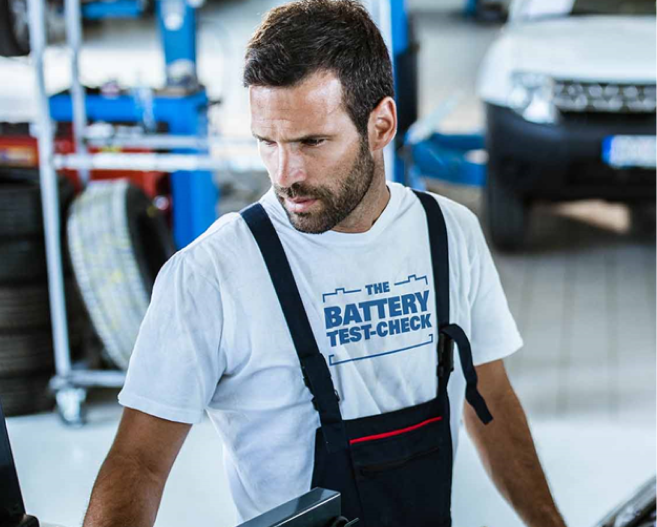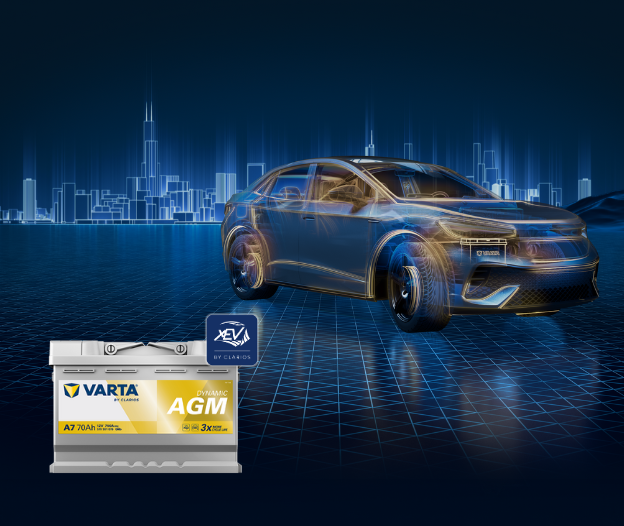Find your battery
Type
items available
Type
items available
Type
items available
Year
Type or select the year your vehicle was manufactured in. E.g. 2003.
items available
Brand
Type or select the manufacturer of your car. E.g. BMW.
items available
Model
Type or select the model of your car. E.g. 3 Coupe (E46)
items available
Engine
Type or select the engine of your car. E.g. 318 Ci (85 kW/116).
items available
Products
Every vehicle's first choice,
guaranteeing the highest
manufacturer standards
Become a VARTA® Partner
Elevate your Battery Expertise
Unlock Battery Expertise by exploring our VARTA® Training Academy and access exclusive information.

Appear in the VARTA® Partner Finder
Increase your workshop’s visibility and reach more customers.
_new.png?sfvrsn=b2a056eb_39)
Join our Battery Test-Check Program
Expand your business by offering professional battery tests that will keep your customers on the road.

Benefit from our Fleet Program
Receive custom advice for your fleet, solutions for your battery management and get the most out of your battery performance.
Stay Informed
-
Construction of VARTA Promotive EFB Truck BatteriesA patented mixing element ensures that acid stratification cannot occur in our ProMotive EFB battery. Read our article now to find out exactly how this works and what advantages it brings.
-
The importance of charge acceptance of truck batteriesBatteries with high starting current (CAA) and sufficient capacity (C20) guarantee reliable fleet operation. We tell you why.
-
Battery tips for the leisure seasonGet ready for your journey. Discover helpful tips and tricks for your leisure battery to get the best start to the season.









